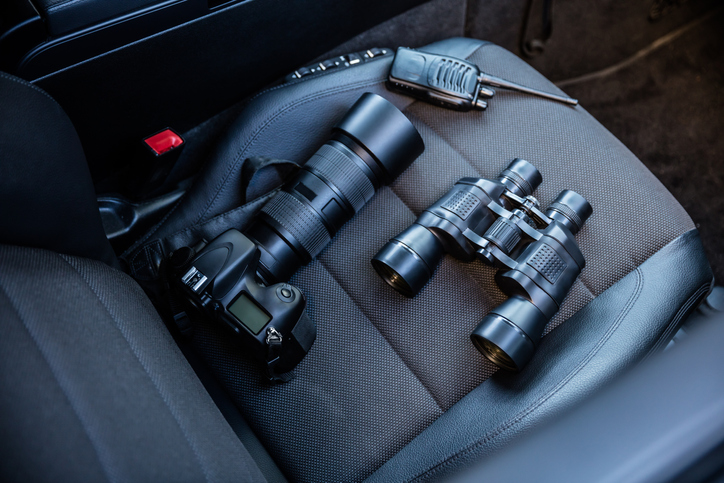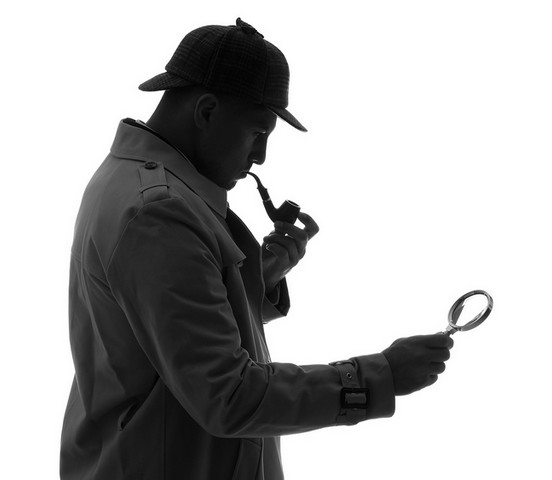Good Ideas On Choosing Private Investigators Near Me
Good Ideas On Choosing Private Investigators Near Me
Blog Article
What Can You Do To Ensure A Private Investigator Is Certified And Licensed?
You can check a private investigator's certification and licensing by checking the government licensing boards. Here are the steps to use to determine if they are a licensed private investigator.
Get in touch with the licensing board or the regulatory agency that supervises private investigators within the jurisdiction where the investigator is located. The information is usually available on a state or provincial basis. You can contact the local or state government online.
Online Databases for Licensing
Some jurisdictions have online databases which allow the public verify the status of private detective licenses. Look up the licensing boards' online database to find the name of the investigator, or the agency.
Get License Information
You may also inquire with the investigator directly regarding their license. Genuine investigators must be willing and able to supply information such as their license number, the date of expiration, etc. Make sure to check with the licensing agency.
Find professional associations.
Private investigators are often members of professional associations that have their own standards and codes of ethics. Membership in an association does not equate to government licensing but it can be a great way to ensure professionalism. The National Association of Legal Investigators or the Council of Private Investigators of Ontario are two such examples.
Contact State or Provincial Police
In some states police departments maintain lists of private investigators who are licensed. Contact your state or provincial police department or relevant police agency for information about an investigator's license status.
Utilize online resources
Many online sources provide details about professionals who are licensed. These resources aren't official, however they might provide first information or even links.
Check Business Licensing
In addition to a private investigator's license, be sure the private investigation company has the required business licenses in their region of jurisdiction. This is crucial for confirming the legitimacy of the business.
Contact Regulatory Authorities
Contact the regulatory authority that oversees private investigators within the jurisdiction you reside in if there are any concerns or questions. They can verify the license requirements and the status of the license.
Check Information by Cross-Checking
Cross-check information provided by a private investigator to official information of the licensing authority. Verify information such as the investigator's name, license number, as well as expiration dates.
Red Flags: Beware
Be cautious if an investigator refuses to divulge license information or if information provided seems to be inconsistent.
Be aware that licensing requirements and procedures may differ by region, which is why it's crucial to familiarize yourself with the specific regulations and rules within the area where the investigator operates. Always work with certified and licensed experts to ensure the high-quality and legality of services for investigation. Take a look at the top Best Private investigators for more tips including private pi, private eye investigator, private investigator utah, private detective connecticut, private investigator greenville nc, private detective connecticut, cheap private detective, find a private investigator, private investigation agency, local private detectives and more.
What Do I Need To Be Aware Of About Insurance Investigations
Investigations into insurance are conducted to determine the legitimacy of a claim, deter fraud, or ensure that the insurance policy isn't being used in a fraudulent manner. These investigations are conducted to safeguard the interests of both the insurance company as well as the policyholders' rights, regardless of whether they relate to auto, health property, auto or any other type of insurance. Be aware of the types of insurance-related investigations.
Claim Investigations An investigation into a reported insurance claim is carried out to determine its legitimacy and the coverage provided by the policy.
Surveillance Investigations Monitoring to verify the accuracy of the information contained in a claim as well as to spot fraud.
Background Investigations Conducting background investigation on applicants to discover any irregularities or patterns that could indicate fraud.
Interviewing witnesses or other parties involved to confirm details or get additional information.
Insurance Fraud
Insurance fraud is an extremely serious issue and the majority of investigations concentrate on identifying fraudulent activities and preventing them. False insurance claims and staged incidents, and deliberate damages are all common forms of fraud.
Surveillance Techniques
Investigators could use video or photographic evidence, as well as other techniques of surveillance to observe the activities of claimants to determine the credibility and credibility of their claims.
licensed investigators
Investigations into insurance cases are usually conducted by private investigators who are licensed or employed by insurance companies. These professionals possess the knowledge and expertise required to manage the cases.
Legal Compliance
Investigations into insurance cases are governed by confidentiality and legal regulations. Investigators should ensure their methods are legal, and the rights of those subject to investigation must be protected.
Interviewing Skills
Investigators will often interview claimants or witnesses and other parties interested. For accurate and complete information to be gathered, a strong interviewing abilities are required.
Technology
In insurance investigations, technology plays a significant role. Investigators are able to gather information through databases, social media analyses, and other technologies.
Collaboration with Law Enforcement
Investigators can work together with law enforcement officials to build a case when there is suspicion of fraud, and then take legal steps.
Documentation and Reporting
The gathering and documentation of evidence throughout the process of investigation is crucial. Investigators prepare detailed reports, that can be used in legal proceedings or in making informed decisions on insurance claims.
Expert Opinions
Investigators are able to consult experts from various disciplines (e.g. reconstruction of accidents experts, medical professionals) to assess the validity of claims, and give professional opinions.
Claim Resolution
Based on the information of the investigation, the insurance company can take a shrewd decision on the resolution of a claim, whether this involves applauding it, denial because it was fraudulent or negotiating the settlement.
Ethics and Professionalism
Ethics is a major factor when it comes to insurance investigations. Investigators must carry out their investigations with professionalism and integrity.
Insurance investigations play a crucial function in ensuring the integrity of the insurance market and ensuring fair treatment to policyholders. These investigations are essential in preventing fraudulent activities as well as safeguarding legitimate claimants and also helping to ensure the stability of the marketplace. Have a look at the top rated Best Private investigators for blog recommendations including start a private investigation company, private investigator background check, hire an investigator, free private investigators, background check software for private investigators, private detective requirements, investigation services near me, qualifications for private investigator, start a private investigation company, private investigator utah and more.